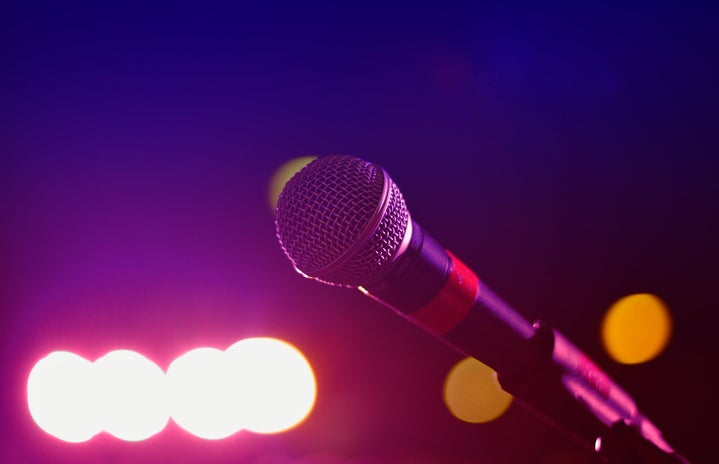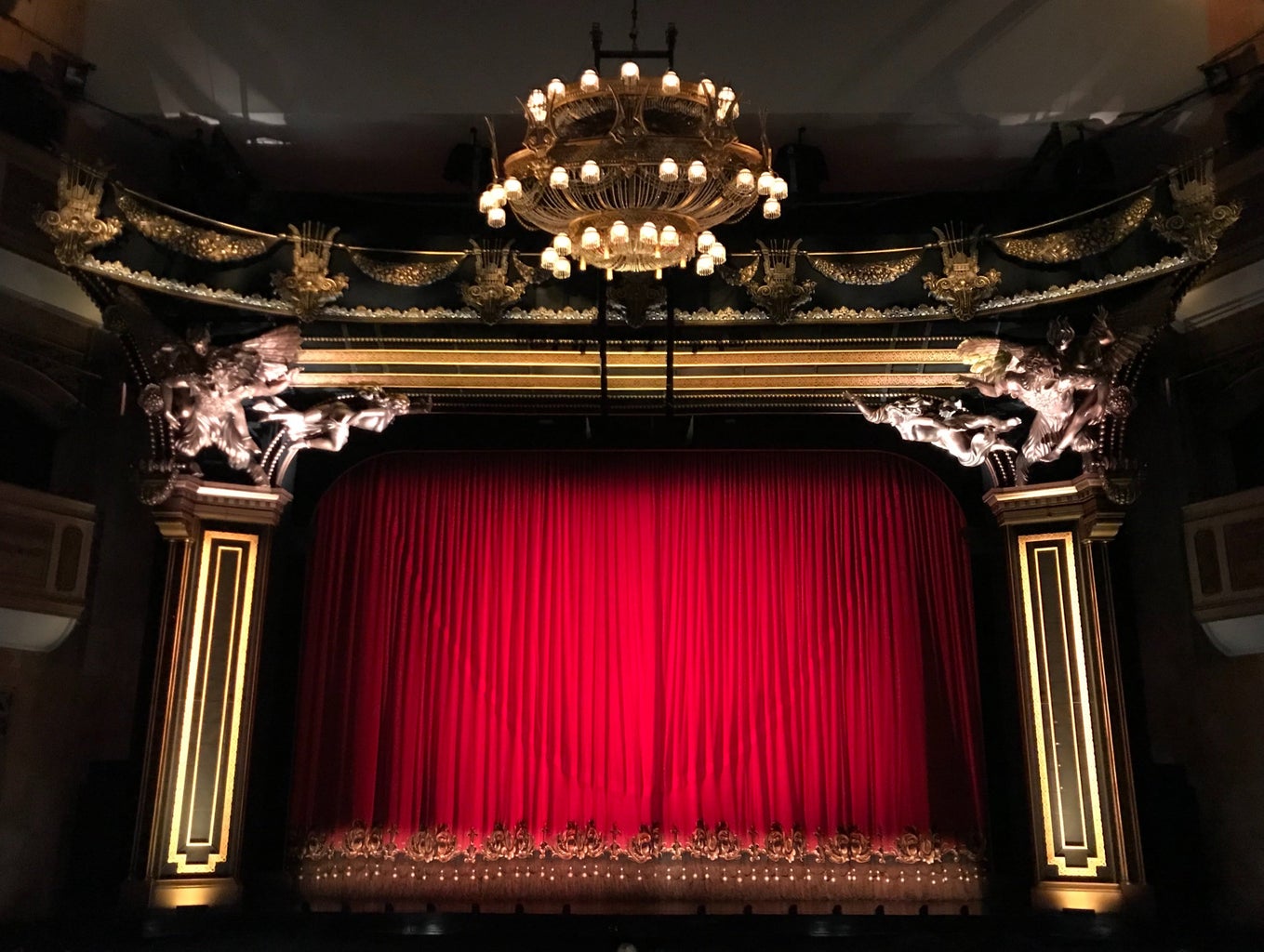Oftentimes, if I see a quote or explanation that encompasses a feeling inside of me, I will never stop referencing. A year or so ago, I saw someone talking about how, as a woman of color, it is always easy to talk to a white man as the power dynamic struggle is clearly defined. However, when it comes to talking to a man of color or a white woman, both groups believe they face the same level of oppression as women of color. However, what they don’t realize is that they still maintain a certain advantage over women of color, be it due to gender or race. This thought process often loops in my head when I see a woman of color being demonized for something that would be applauded in a white woman. For example, a woman of color getting frustrated or angered is never justified, but for a white woman, it is simply “female rage,” a way for them to channel their anger in a way that battles the years of oppression they faced. While it is never good for a group of people to be oppressed, it is simply about the acknowledgment. It is important that men of color and white women acknowledge the amount of privilege they do have over women of color. For this reason, I will always be more willing to accept racial representation when it comes from a woman than a man, as the man typically ignores a crucial piece.
The one time I did accept representation from a man of color was 2017 when the Netflix comedy special Homecoming King by Hasan Minhaj first aired. For the first time, I didn’t get the same feelings about South Asians comedians as I typically did. There was no veiled internalized racism and there was no unnecessary commentary/questioning of traditions, but instead, there was true understanding. Minhaj accurately encapsulated what it felt like to grow up in a primarily white suburb in the United States as the eldest child to resigned immigrant parents. One specific part of the special that will always stand out was his commentary on what was called the “immigrant tax.” To his parents, dealing with racism and Islamophobia was a small price to pay if it meant they were able to live in the United States. As much as I complain about my social injustice within the country, and as much as my parents may agree, as soon as I begin complaining about larger institutional issues, that is where the agreement will end. To my parents, and many others around the country, the situation they live in now may not always be the best, but it will always be 100% better than what they came from. For the sake of an opportunity, they will endure as much as they need to.
I so deeply resonated with Minhaj that I continued to follow his career journey through Netflix with his next political comedy show, Patriot Act. Ironically named after the law that was passed after September 11th, Minhaj’s assessment of issues around the world were so incredibly well-done. In fact, he earned a tremendous amount of respect from me for being one of the few celebrities/celebrities of Indian descent to openly challenge the mass levels of corruption that existed within the Indian government. This combined with the episodes about policing and pharmaceutical drug pricing, it felt like someone else within the Indian community was finally understanding what was happening. Part of the reason his work was impactful was because it always felt like the Indian community focused on identity politics. Past the same few jokes and complaints about Western representation, very few South Asians wanted to discuss the deep-rooted problems within society so to feel like I finally saw someone who was, felt like a breath of fresh air.
However, I identified the beginning of the end when a thread of tweets dropped about the reportedly toxic work environment that was facilitated behind the scenes at Patriot Act, a toxic work environment that specifically impacted women of color. At that moment, Hasan Minhaj felt no different than the boys I grew up with. Minhaj was no better than the same egotistical boys who exploited girls for their own sake, whether it be academically or socially. The same level of arrogance that I was faced with growing up from the Indian boys around me seemed to be radiating from Minhaj. This was worsened when his second Netflix comedy special, The King’s Jester, was aired. Against my better judgment, I decided to watch the special and I was severely disappointed. While his first special focused on his high school life, his second special focused a lot more about his adult life, specifically post Patriot Act. Minhaj discussed his newfound fame, the backlash he received from around the world, and shockingly personal details about his family life. There is a particular moment where he discusses how his wife and he believed that his young daughter was exposed to anthrax. It was a particularly serious part of the show as it was the moment that he realized that the fame that comes from speaking out is not worth the potential harm it may cause his family. At the time, I was shocked that he would have even let it get to the point where his family was potentially affected. While I know the story was meant to incite sympathy, I simply felt Minhaj was a narcissist. He was warned multiple times what would happen if he continued to speak out, yet he continued to do so, and only stopped when his daughter was almost placed in a potentially dangerous medical situation. However, the real shock came when it was discovered that this never happened. In fact, many of the stories Minhaj shared were actually half truths. A large part of his first Netflix special centered around how a girl in high school refused to go to prom with him, on the day of, due to her racist parents when in reality, she politely refused days before the event. Due to the amount of information he shared about her, she was doxxed and has faced years of harassment. Yet, Minhaj has done nothing to stop it. Now, looking back on it, it just seems strange that Minhaj was obsessed with a random girl from high school.
When the news first dropped of Minhaj’s lies, I sent the articles to multiple friends and family. Much of the response I got was “Does it matter if the stories were told were his or not? They happened to someone, and he dramatized it and shared it with the world, just like comedians do. Since when were they expected to tell the whole truth?” In their minds, it may have been written off as another thing I’d become obsessive about for no reason. However, I feel like no one is truly understanding the gravity of the situation, or at least what it felt like to me. After so long, I felt I received the representation I needed. I thought I finally found someone who was able to understand the deeper issues within the Indian community rather than focusing on identity politics that are used to distract the diaspora from the larger issue at hand. Instead, I found someone who was no different than the other Indian boys I grew up around. I found someone who had the same narcissistic tendencies, who felt the compulsive need to be popular, and who didn’t care about how their actions affect those around them. In an odd and perverse way, it made me feel like I was truly alone. Even though I have always known to never idolize a celebrity, it still hurts that I can’t even admire one for their bravery in speaking up for what they believed in.




